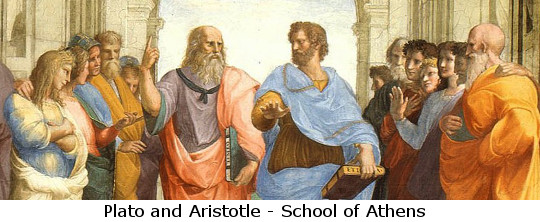A Fired Machinist? Charles R. Wiers? Hubert N. Alyea? Charles Proteus Steinmetz? Henry Ford? Anonymous?
Question for Quote Investigator: A popular anecdote highlights the extraordinary value of properly applying specialized knowledge. A top-expert is hired to fix a gigantic complicated machine suffering from an intractable problem. The adroit practitioner repairs the contraption with a simple action such as a hammer tap or a bolt twist, but the bill for services rendered is quite large. Many titles have been used for this tale:
- The old engineer and the hammer
- The ship repairman story
- The parable of the ship mechanic
- Knowing where to tap
- Handyman’s invoice
Would you please explore its provenance?
Reply from Quote Investigator: The earliest instance located by QI appeared in “The Journal of the Society of Estate Clerks of Works” of Winchester, England in 1908. The bill below was denominated in pounds and shillings. Emphasis added to excerpts by QI:1
A MORAL WITH AN ENDING.
He was the best machinist in the district, and it was for that reason that the manager had overlooked his private delinquencies. But at last even his patience was exhausted, and he was told to go, and another man reigned in his stead at the end of the room.
And then the machine, as though in protest, refused to budge an inch, and all the factory hands were idle. Everyone who knew the difference between a machine and a turnip tried his hand at the inert mass of iron. But the machine, metaphorically speaking, laughed at them, and the manager sent for the discharged employee. And he left the comfort of the “Bull” parlour and came.
He looked at the machine for some moments, and talked to it as a man talks to a horse, and then climbed into its vitals and called for a hammer. There was the sound of a “tap-tap-tap,” and in a moment the wheels were spinning, and the man was returning to the “Bull” parlour.
And in the course of time the mill-owner had a bill:–“To mending machine, £10. 10s.” And the owner of the works, being as owners go, a poor man, sent a polite note to the man, in which he asked him if he thought tapping a machine with a hammer worth ten guineas. And then he had another bill:—“To tapping machine with hammer, 10s.; to knowing where to tap it, £10; total, £10. 10s.”
And the man was reinstated in his position, and was so grateful that he turned teetotaller and lived a great and virtuous old age. And the moral is that a little knowledge is worth a deal of labour.
Below are additional selected citations in chronological order.
Continue reading “Anecdote Origin: Knowing Where To Tap”

